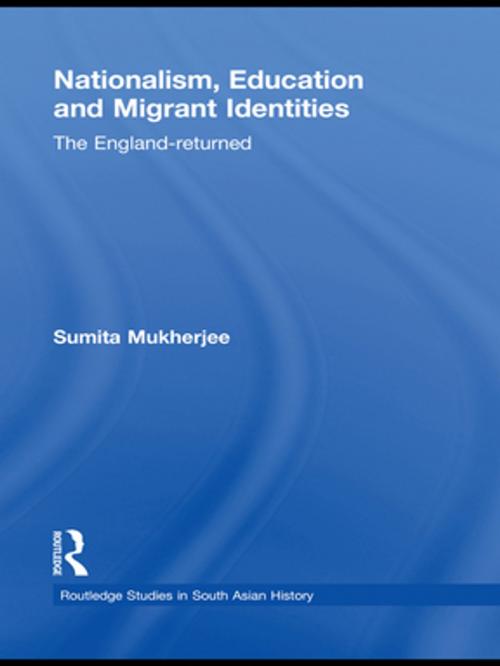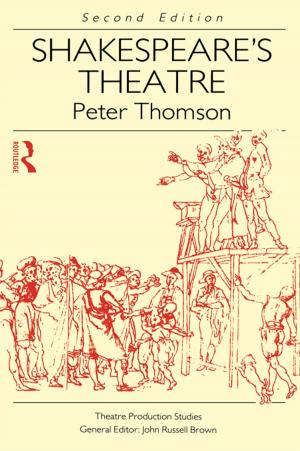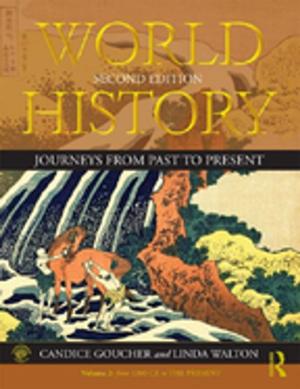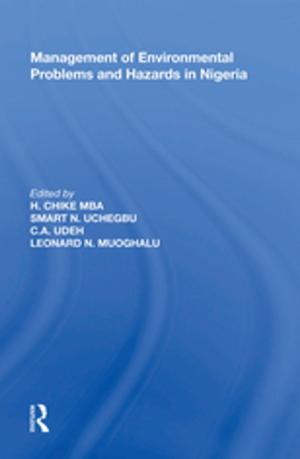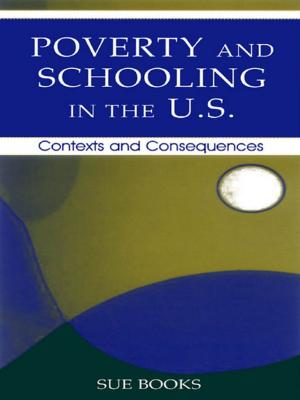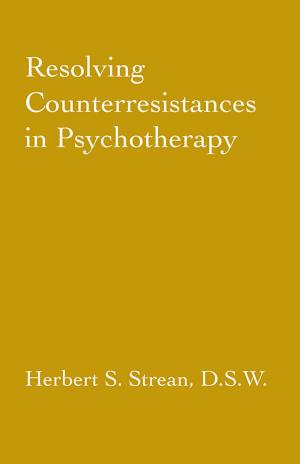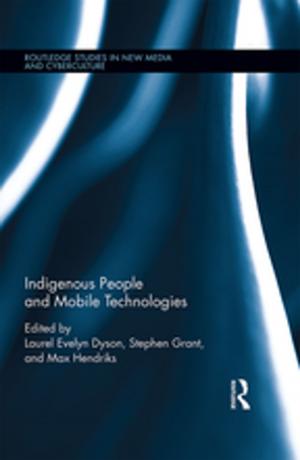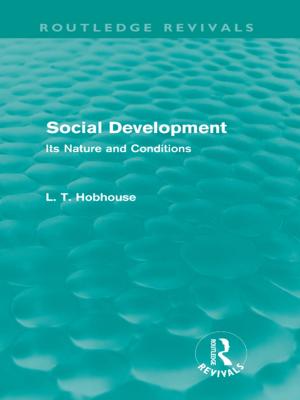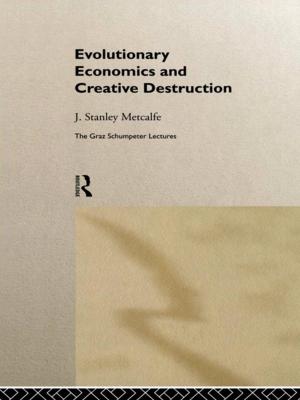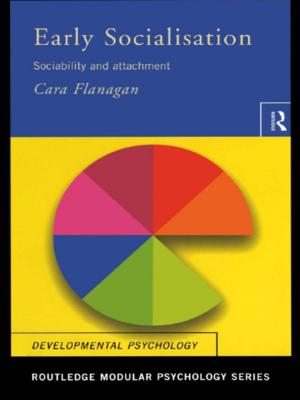Nationalism, Education and Migrant Identities
The England-returned
Nonfiction, Social & Cultural Studies, Social Science, Cultural Studies, Ethnic Studies, Political Science| Author: | Sumita Mukherjee | ISBN: | 9781135271121 |
| Publisher: | Taylor and Francis | Publication: | December 16, 2009 |
| Imprint: | Routledge | Language: | English |
| Author: | Sumita Mukherjee |
| ISBN: | 9781135271121 |
| Publisher: | Taylor and Francis |
| Publication: | December 16, 2009 |
| Imprint: | Routledge |
| Language: | English |
This book examines the role western-education and social standing played in the development of Indian nationalism in the early twentieth century. It highlights the influences that education abroad had on a significant proportion of the Indian population. A large number of Indian students - including key figures such as Mohandas Karamchand Gandhi, Mohammad Ali Jinnah and Jawaharlal Nehru - took up prominent positions in government service, industry or political movements after having spent their student years in Britain before the Second World War. Having reaped the benefits of the British educational system, they spearheaded movements in India that sought to gain independence from British rule. The author analyses the long-term impact of this short-term migration on Britain, South Asia and Empire and deals with issues of migrant identities and the ways in which travel shaped ideas about the 'Self' and 'Home'. Through this study of the England-Returned, attention is drawn to contemporary concerns about the politicisation of foreign students and the antecedents of the growing South Asian student population in the USA and Europe today, as well as of Britain's growing South Asian diaspora.
This book examines the role western-education and social standing played in the development of Indian nationalism in the early twentieth century. It highlights the influences that education abroad had on a significant proportion of the Indian population. A large number of Indian students - including key figures such as Mohandas Karamchand Gandhi, Mohammad Ali Jinnah and Jawaharlal Nehru - took up prominent positions in government service, industry or political movements after having spent their student years in Britain before the Second World War. Having reaped the benefits of the British educational system, they spearheaded movements in India that sought to gain independence from British rule. The author analyses the long-term impact of this short-term migration on Britain, South Asia and Empire and deals with issues of migrant identities and the ways in which travel shaped ideas about the 'Self' and 'Home'. Through this study of the England-Returned, attention is drawn to contemporary concerns about the politicisation of foreign students and the antecedents of the growing South Asian student population in the USA and Europe today, as well as of Britain's growing South Asian diaspora.
